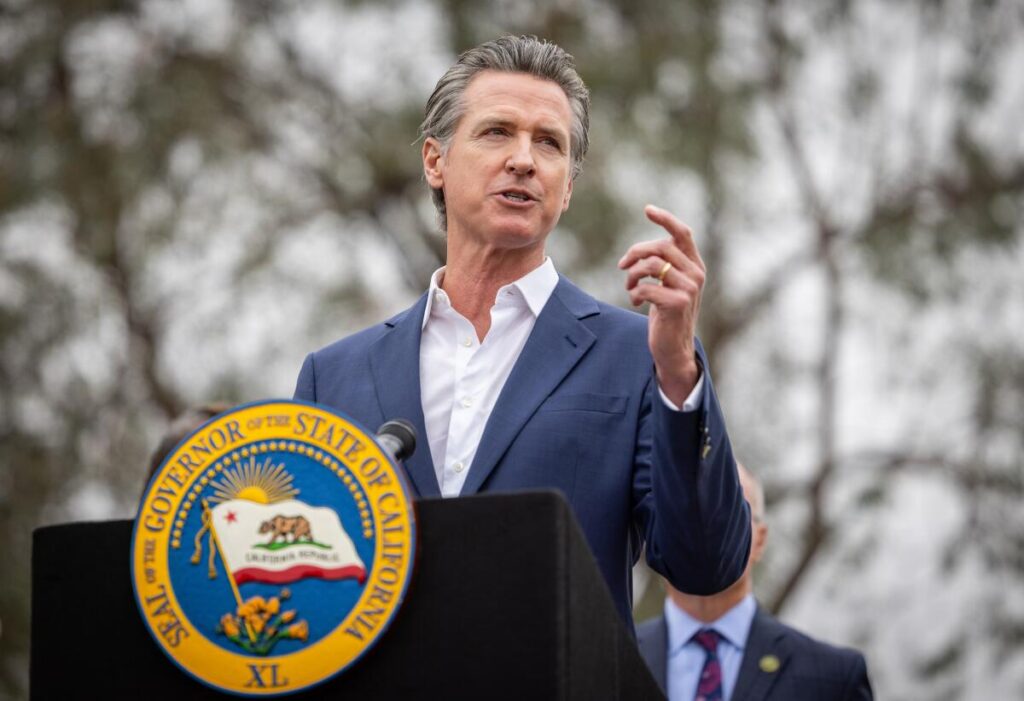President Donald Trump scored a significant legal win on Monday after a U.S. District Court judge dismissed a lawsuit filed by California officials challenging his tariff policies. The judge ruled that the case should be heard in a specialized out-of-state court that handles trade disputes.
The decision partially sided with the Trump administration, which argued that the proper venue for the case was the U.S. Court of International Trade—not the U.S. District Court for the Northern District of California, where Governor Gavin Newsom and Attorney General Rob Bonta had originally filed the suit.
Judge Jacqueline Scott Corley agreed in principle with President Trump’s legal team that the case belonged in a different jurisdiction. However, rather than transferring it, she chose to dismiss the case entirely. This decision leaves the door open for California officials to appeal the ruling to the U.S. 9th Circuit Court of Appeals, a court that has traditionally leaned left.
According to Politico, “Scott Corley’s decision is a blow to California officials who had hoped the district court would rule on the legality of Trump’s unilateral tariffs. Last week, a D.C. District Court judge went the opposite direction and invalidated Trump’s tariffs, ruling in favor of two toy-import companies. The trade court also struck down Trump’s tariffs last week, although his taxes on imports have largely been left in place while federal litigation plays out.”
Corley’s ruling came as no surprise, as she had previously indicated that her court likely lacked jurisdiction over the matter. As noted in a Politico report, the judge pointed out that the U.S. Court of International Trade holds the appropriate authority in cases involving tariffs.
In April, California became the first state to file a lawsuit challenging President Trump’s tariffs, arguing that he lacks the authority to unilaterally impose import taxes under the International Emergency Economic Powers Act.
Trump has defended his use of tariffs without congressional approval by declaring that trade deficits with foreign nations have created a national emergency, thereby granting him the authority to impose and enforce such measures.



